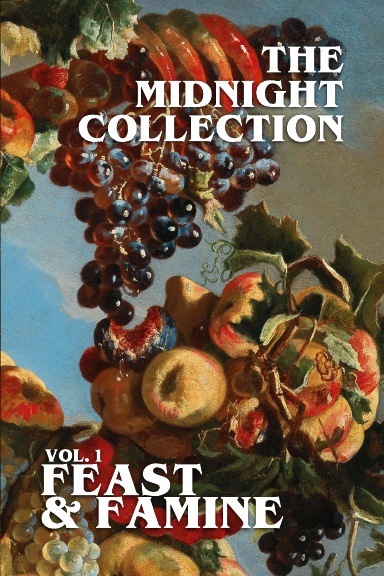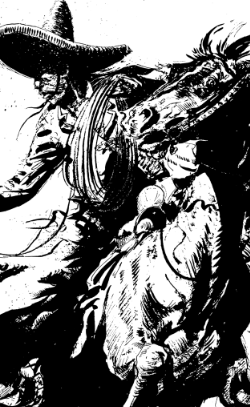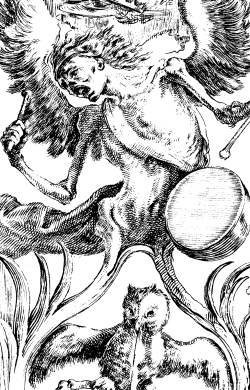So I got a philosophy for the end of the world inspired by a Junji Ito comic, Hellstar Remina, in some translations just the less fun Remina. I’ve still never read the comic in English, so it’s based on my visual read of the story. I’ll soon check out the translation to see what I’ve missed. At that time, this idea may face some revision. By the way, all of the spoilers for Hellstar Remina now, because it’s necessary to explaining the moral lesson I take from it.
Like a number of Junji Ito’s horror manga, Hellstar Remina depicts an apocalypse. The planet Earth and most of its inhabitants don’t get through the story alive. But this one was especially interesting to me because it shows different ways to respond to a species-level existential threat. As a storyteller, Ito has long held an interesting tension between humanism and misanthropy – something shared with filmmaker Kiyoshi Kurosawa. I wonder if this is just an attitude some dark-minded Japanese folks have and a known thing there, or if it’s just something anybody in the world might develop at random.
Basically, the way humans can be quite horrible is displayed unvarnished, or even exaggerated, but compassion and sometimes progressive values come through in other characters within the same story. This isn’t always as simple as good guys over here, bad guys over there. People start good, go bad, come back, do it again. Usually you understand why the bad do what they do – see them as human, even when they end up as literal monsters. Hard to describe, not always the same. This might be getting off topic, because good and evil are a little more straightforward in this story than the extended canon of Tomie or Uzumaki. Whatever, moving on…
The plot. A scientist announces the discovery of a very abnormal new star in the night sky, with his daughter at the press conference. I believe he named the star after her, causing an association in the public imagination between the girl and the star. But pretty quickly, the star is revealed to be a possible threat to the Earth – heading toward it at incredible speed. Is it a star? Meanwhile, this doesn’t seem to be public knowledge yet, and Remina the girl has developed a fan club. In particular she has three suitors. One is a rich kid that shows her to his cool expensive fallout shelter. But they seem to do a passable job of not monopolizing her affections yet.
The threat of the hellstar becomes apparent to the public and civic unrest menaces the scientist and his daughter. Her fan club saves her, for the moment, but she’s separated from her father. When the star slows down to stick out a giant tongue and gobble up another planet in the solar system, the people of the world go bonkers and come for girl Remina’s blood. They kill the a couple of fan club guys and torture her for a bit. Her father is killed.
The fanboys help her escape but they fall to infighting. Seems they got a touch of the same craze as the rest of the world. One of them has the sense of self to feel ashamed and leaves, but he didn’t have the presence of mind to realize that he left her undefended with the worse guy. (He shows up later as just another murderer.) Worse guy is the rich kid, and he hauls her back to the fancy shelter. He tries to force himself on her, but his parents object. They just want her dead like the rest of the world. Mom slaps her around, then the fam drag her out to the crowd.
The story splits here between rich family and Remina. Rich family theorizes that if they go to live on the Hellstar like fleas, it won’t notice them and destroy them like the rest of the world, so they pack up in a rocket ship and skate. Back on earth, girl Remina is taken by the people of Earth, who have united in a massive doomsday cult, led by KKK-lookin’ creeps with torches. She escapes them briefly, running into a solitary homeless man who has no idea what’s going on. The two of them are tied to either side of the same cross that carries the burned remains of her father.
In space, the rich family set foot on the Hellstar and transform into melty piles of twisted bullshit. HS Remina opens a second eyeball and licks the Earth. This causes gravity to go haywire. The cultists had set a pyre beneath girl Remina’s cross, but the cross gets lifted away. A cultist cuts Remina loose to abscond with her. The gravity of the Hellstar and Earth are dueling, which has people able to leap around like they have super strength. Don’t get at me on the physics of this. The cultist grabs Remina by the legs and smashes her against the sides of a broken building, like trying to dust a rug.
But he cut the homeless guy loose when he snatched Remina, and that guy comes to save her with roundhouse kicks and such. Together they flee the cultists. But as they’ve gotten used to the crazy light gravity, so have the cultists, and now they are being chased by what seems like everybody in the world, all crying for her blood in different languages, wielding any weapon they can find. They’re flying through the air in a massive swarm.
Gravity shifts again. The homeless guy and Remina seem to luck out, while the rest of humanity is dashed to the ground, creating an ocean of blood. Girl Remina blacks out and wakes up in the fancy shelter. The homeless guy and a few random non-murderer kids found their way into the shelter, and as Hellstar Remina devoured the earth, somehow the shelter was one of the crumbs that broke free to hurtle lonesome through space. People are surprisingly celebratory about this.
Why are they happy? They got away from however many billion murderers, and a planet that was just munched like popcorn. But the room surely doesn’t have the resources to sustain their lives forever. They’re surely going to die. And that could well be all of us. The story ends there. What do you take from that?
I say, if everybody in the world is doing bad shit, be the one person who isn’t. If we’re all gonna die, be kind to the people you are with, right to the end. Ruin is living for hate, the only goodness possible in life is what we make by being kind in the ways we can, in the time we have. Something like that. Hellstar Reminism.
One could easily take different lessons from the story, perhaps worse ones. And maybe there are explicit textual things I cannot understand from reading the comic book by image alone. I’ll find out soon enough, which is why I’m spelling out this philosophy now before it gets altered by improved understanding of the source. So there you go.
–





